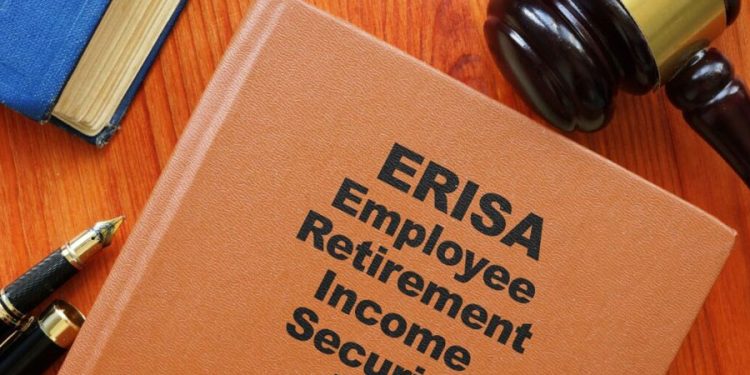An ERISA claim is a claim filed under the Employee Retirement Income Security Act of 1974. This act provides protection for employees who have retirement plans through their employers. The act requires that employers provide certain information to employees about their retirement plans, and it also sets standards for how these plans must be managed.
When an employee has a problem with their retirement plan, they may file an ERISA claim. This claim can be for things like not receiving benefits that are due or for being wrongfully denied benefits. An ERISA claim can also be filed if an employee believes that their employer has mismanaged their retirement plan.
If you have a problem with your retirement plan, you should first try to resolve the issue with your employer. If you are not able to do this, you can file an ERISA claim.
Let’s take a deeper look.
What Qualifies You For an ERISA Claim?
When you work for a company, you may be offered a retirement plan through that company. This could be a 401k plan, a pension plan, or another type of retirement savings plan. If your employer offers you this type of plan, you are required to follow certain rules and regulations set forth by the Employee Retirement Income Security Act of 1974 (ERISA).
ERISA is a federal law that sets standards for retirement plans offered by employers. This law requires employers to provide certain information to employees about their retirement plans, and it also sets standards for how these plans must be managed.
If your employer does not follow the rules set forth in ERISA, or if they mismanage your retirement plan, you may be entitled to file an ERISA claim.
An ERISA claim can be filed for a number of reasons. For example, you may file an ERISA claim if you have not received the benefits that you are due or if you have been wrongfully denied benefits. You may also file an ERISA claim if you believe that your employer has mismanaged your retirement plan.
If you have a problem with your retirement plan, you should first try to resolve the issue with your employer. If you are not able to do this, you can file an ERISA claim.
Filing an ERISA Claim
If you believe that your employer has violated ERISA or mismanaged your retirement plan, you can file a claim with the Department of Labor. This claim is known as an ERISA complaint. This form can be found on the Department of Labor’s website.
Once you have completed the form, you will need to submit it to the Department of Labor. You can do this by mail, fax, or online.
It is important to note that you will need to file your ERISA complaint within a certain time frame. This time frame is known as the statute of limitations. The statute of limitations for an ERISA complaint is usually three years from the date of the violation.
What Happens After You File an ERISA Claim?
Once you have filed your ERISA claim, the Department of Labor will review your complaint. If they find that there is merit to your claim, they may investigate your employer.
If the Department of Labor finds your employer has violated ERISA, they may order your employer to take corrective action. This could include providing you with the benefits that you are owed or making changes to how your retirement plan is managed.
The Department of Labor may also impose fines or penalties on your employer if they find that they have violated ERISA.
Final Thoughts
If you think you need to file a claim, keep in mind that time is of the essence. You will need to file your claim within the statute of limitations, which is usually three years from the date of the violation.
If you have any questions about filing an ERISA claim, an ERISA insurance claims attorney, J. Price McNamara specializes in this area of law. They will be able to help you determine if you have a valid claim, and they can also help you navigate the process.


